Introduction:
Honda automobiles are renowned for their dependability and performance, but they are not immune to sporadic issues that may develop over time. It is essential to be aware of common problems and take preventative action to guarantee a trouble-free driving experience. This post will examine seven common issues with Honda cars and provide advice on how to avoid them.
Transmission problems:
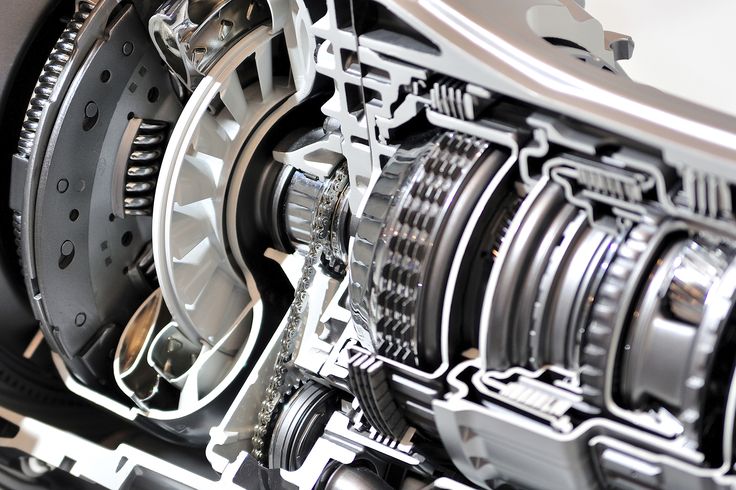
Slipping gears and hesitation when accelerating are common transmission problems with Honda vehicles. It’s critical to follow the manufacturer’s recommended maintenance schedule. The longevity of your Honda’s transmission can be considerably increased with routine examinations and changes of the transmission fluid.
Ignition Switch Issues:
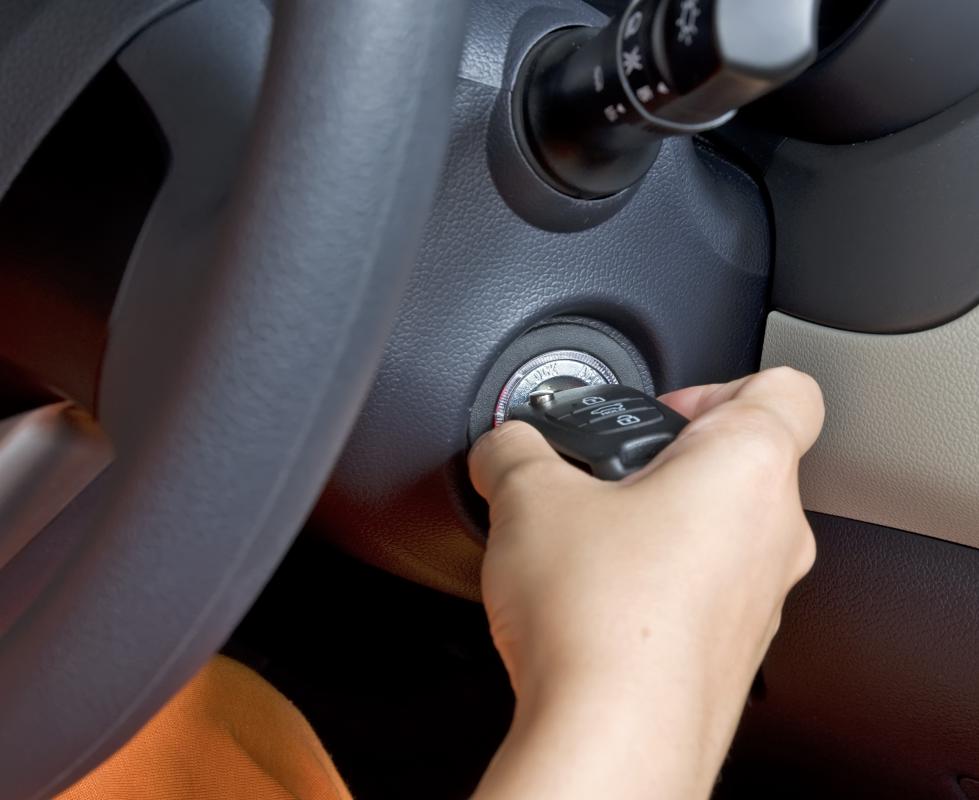
A few Honda models have ignition switch issues that cause unanticipated stalling or difficulty starting. Regularly monitoring for indicators of wear and swiftly correcting any problems helps prevent more severe concerns. Timely replacement of the ignition switch is vital to avoid unexpected breakdowns.
Air Conditioning Woes:
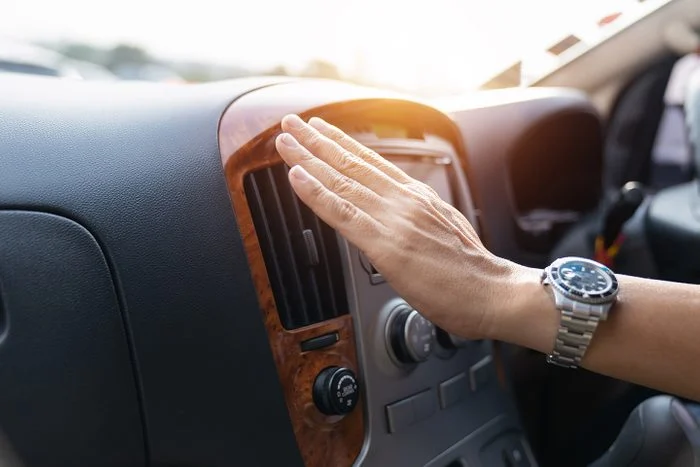
Air conditioning difficulties, such weak or heated air, could signal refrigerant leakage or a failing compressor. Regular examination and servicing of the AC system are vital to prevent difficulties. Keep an eye (and ear) out for unusual noises or odors originating from the system, since these could signify possible problems.
Braking System Challenges:
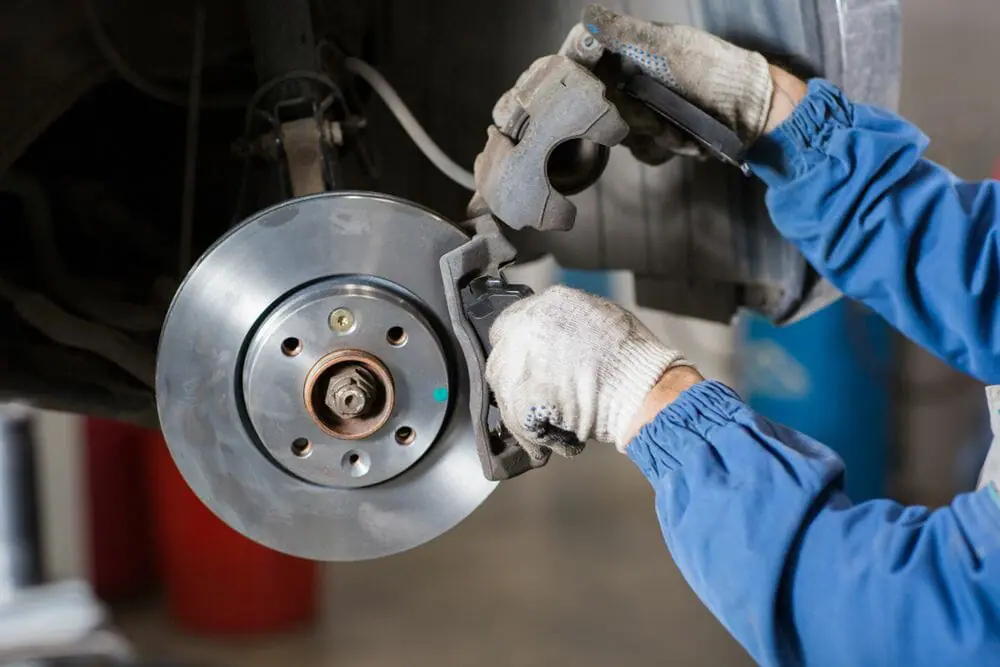
Brake-related difficulties, like squeaking, reduced efficiency, or vibrations, may arise in Honda vehicles. Regular inspection of braking components is vital. Replace worn-out parts promptly to guarantee optimal braking function. Smooth driving habits might help avoid needless pressure on the braking system.
Power Door Locks and Windows Issues:

Power door locks and windows in Honda vehicles may have problems, such as defective door lock actuators or window regulators. To prevent these difficulties, use these features gently, lubricate the systems regularly, and handle faults promptly to prevent further damage.
You may also interest to read: Auto paint restoration techniques for ‘fish eyes’
Suspension System Troubles:
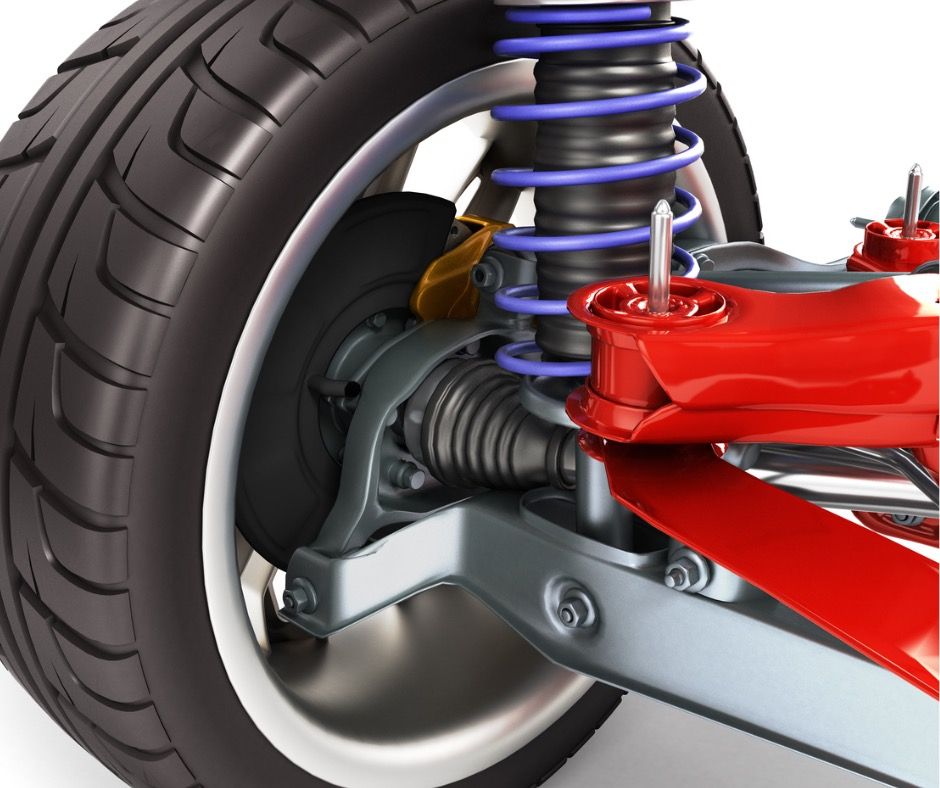
Worn-out shocks and struts can lead to a rough ride and impaired stability. To prevent suspension issues, be careful of driving conditions and avoid uneven terrain whenever feasible. Regularly inspect and repair worn-out suspension components immediately to optimize driving comfort and overall safety.
Engine Vibration and Misfires:
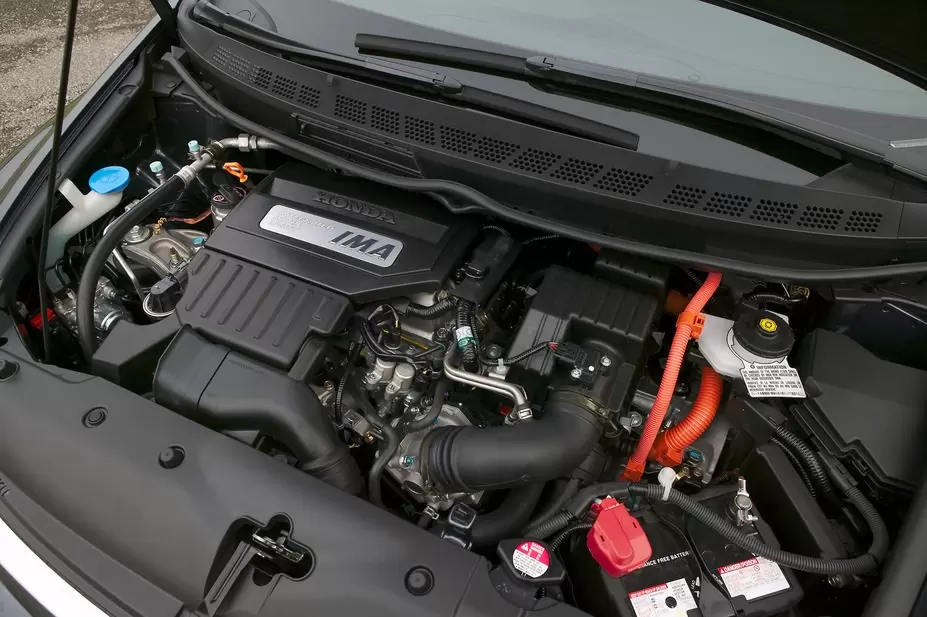
Problems with spark plugs, ignition coils, or fuel injectors are frequently the cause of engine vibration and misfires in certain Honda models. Adhere to the Honda engine’s recommended maintenance plan. The fuel system can be kept clean and effective by using high-quality fuel and replacing spark plugs and ignition parts on time.
In conclusion:
Even though Honda cars are known for their dependability, preventative precautions are necessary to avoid typical issues. A seamless and extended driving experience is a result of routine maintenance, prompt inspections, and prompt problem solving. Honda owners can take advantage of the exceptional performance and longevity attributed to these cars by being watchful and adhering to certain precautionary measures.


[…] acknowledged for its lovely landscapes, diverse natural world, and friendly locals, isn’t just a country; it’s a manner of […]